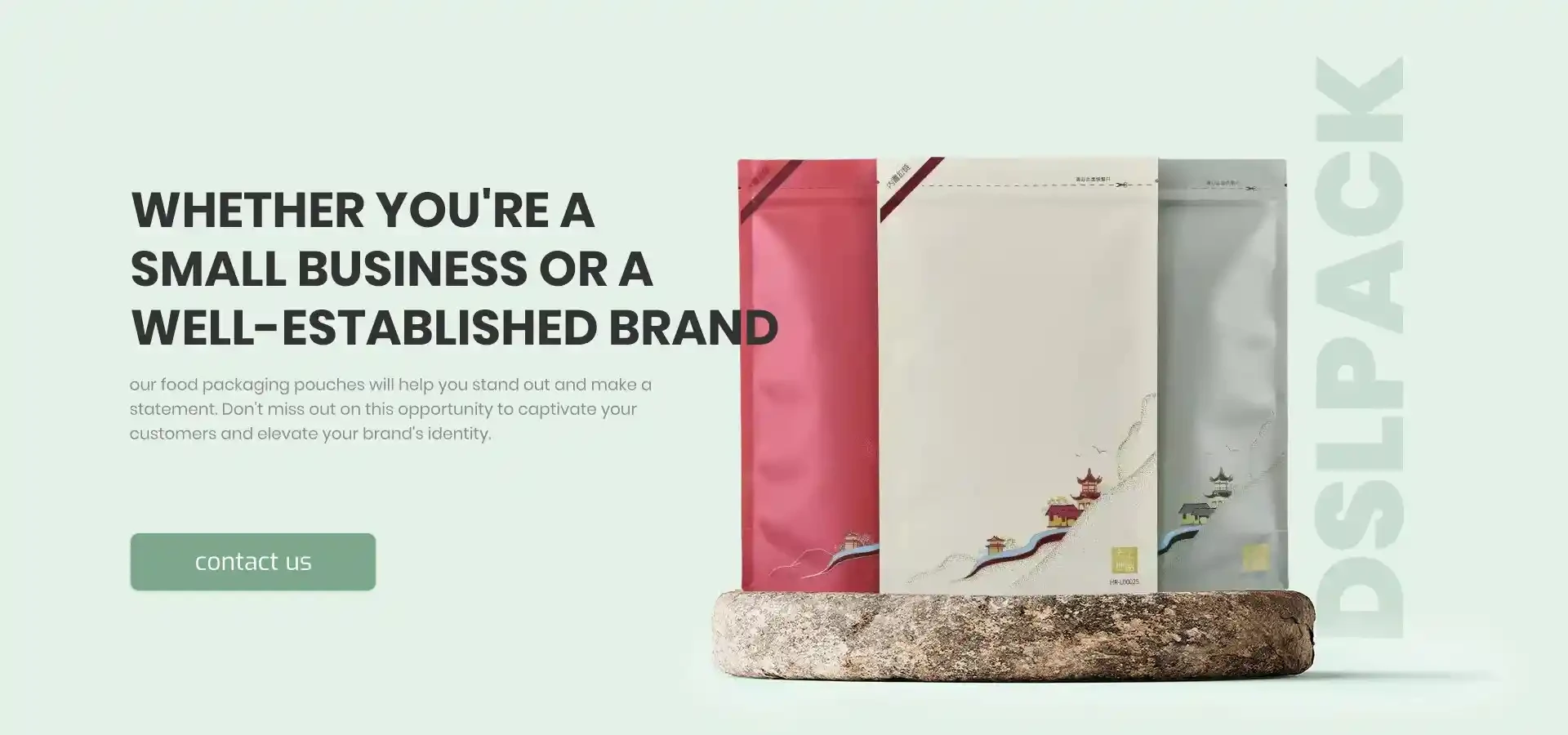- Afrikaans
- Albanian
- Amharic
- Arabic
- Armenian
- Azerbaijani
- Basque
- Belarusian
- Bengali
- Bosnian
- Bulgarian
- Catalan
- Cebuano
- chinese_simplified
- chinese_traditional
- Corsican
- Croatian
- Czech
- Danish
- Dutch
- English
- Esperanto
- Estonian
- Finnish
- French
- Frisian
- Galician
- Georgian
- German
- Greek
- Gujarati
- haitian_creole
- hausa
- hawaiian
- Hebrew
- Hindi
- Miao
- Hungarian
- Icelandic
- igbo
- Indonesian
- irish
- Italian
- Japanese
- Javanese
- Kannada
- kazakh
- Khmer
- Rwandese
- Korean
- Kurdish
- Kyrgyz
- Lao
- Latin
- Latvian
- Lithuanian
- Luxembourgish
- Macedonian
- Malgashi
- Malay
- Malayalam
- Maltese
- Maori
- Marathi
- Mongolian
- Myanmar
- Nepali
- Norwegian
- Norwegian
- Occitan
- Pashto
- Persian
- Polish
- Portuguese
- Punjabi
- Romanian
- Russian
- Samoan
- scottish-gaelic
- Serbian
- Sesotho
- Shona
- Sindhi
- Sinhala
- Slovak
- Slovenian
- Somali
- Spanish
- Sundanese
- Swahili
- Swedish
- Tagalog
- Tajik
- Tamil
- Tatar
- Telugu
- Thai
- Turkish
- Turkmen
- Ukrainian
- Urdu
- Uighur
- Uzbek
- Vietnamese
- Welsh
- Bantu
- Yiddish
- Yoruba
- Zulu
can you use any bags with vacuum sealers
Can You Use Any Bags with Vacuum Sealers?
Vacuum sealers have transformed the way we store food, ensuring freshness and extending shelf life by removing air from packaging. However, many people wonder can you use any bags with vacuum sealers? The answer is more nuanced than a simple yes or no. Different types of bags have their own advantages, disadvantages, and specific designs tailored for various applications. This article will explore the types of bags compatible with vacuum sealers, their proper uses, and some common pitfalls to avoid.
Types of Bags for Vacuum Sealers
1. Commercial Vacuum Seal Bags The best option for vacuum sealers is to use bags specifically designed for this purpose. These commercial vacuum seal bags are made from durable materials that withstand the sealing process. They typically have a textured side that facilitates the removal of air and a smooth side that provides a surface for the heat sealing. Commercial bags are often BPA-free and come in various sizes, making them ideal for both home and professional use.
2. Sealable Resealable Bags While standard resealable bags can work in some vacuum sealers, they are not designed specifically for this purpose. Using these bags may result in air being trapped inside, as the sealing strip is not capable of forming a complete airtight seal. If you choose to use resealable bags, make sure they are heavy-duty and are rated for vacuum sealing.
3. Mylar Bags Mylar bags are another option for vacuum sealing. These are made from a metallic polyester film that has excellent moisture and oxygen barrier properties. When used with vacuum sealers, mylar bags offer superior protection for dehydrated foods, grains, and other long-term storage items. They can also be heat-sealed for an airtight closure, making them a popular choice for food storage.
4. Plastic Wrap and Aluminum Foil Some people consider using plastic wrap or aluminum foil as a vacuum sealing option. However, these materials do not provide the necessary airtight seal and are not recommended for use with vacuum sealers. The heat from the sealer may melt plastic wrap, while aluminum foil cannot be sealed in the same way as specialized bags.
5. Homemade Bags In some cases, people attempt to create their own vacuum-seal bags using heavy-duty trash bags or kitchen wraps. While this can seem like a cost-effective solution, it often leads to poor sealing and compromised longevity. The thermal properties of these materials do not support the sealing process, which renders this approach ineffective.
can you use any bags with vacuum sealers

Best Practices for Using Vacuum Seal Bags
When using vacuum seal bags, it’s important to follow specific guidelines to ensure optimal performance
- Pre-condition Bags Make sure bags are clean and free from any food residue before sealing. - Leave Enough Space When filling bags, leave enough space at the top for the vacuum to create an effective seal. - Quality Matters Invest in high-quality vacuum-sealing bags to prevent leaks and ensure long-term storage.
Common Pitfalls to Avoid
One of the most significant pitfalls when using vacuum sealers is using inappropriate bags. As mentioned earlier, standard kitchen bags and wraps are often incompatible, leading to wasted time and spoiled food. Additionally, overfilling bags can cause inadequate seals.
Moreover, keep in mind not to vacuum-seal soft items, such as bread, as the process might crush them. Instead, consider using the “gentle” setting if your vacuum sealer has one, or opt for a product specifically designed for delicate foods.
Conclusion
In conclusion, while it may be tempting to use various types of bags with vacuum sealers, it’s crucial to select bags designed expressly for this purpose to achieve the best results. Commercial vacuum bags, mylar bags, and even heavy-duty resealable bags may work in certain scenarios, but non-specialized bags like plastic wrap and aluminum foil are best avoided. By following best practices and avoiding common mistakes, you can maximize the effectiveness of your vacuum sealer and enjoy prolonged freshness for your food items. Whether you’re storing meats, vegetables, or dry goods, choosing the right bag is an essential step toward successful vacuum sealing.













